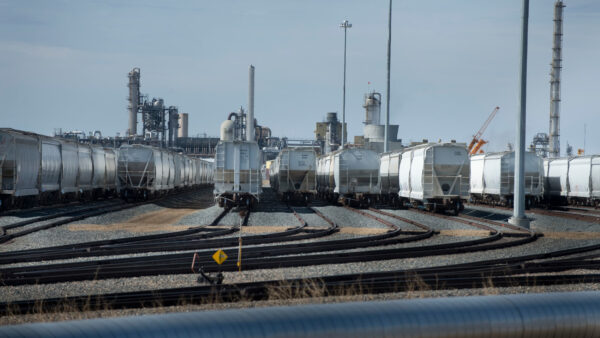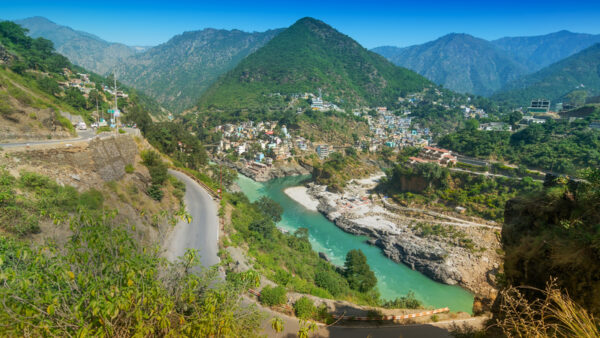China announced yesterday that it would build a “support facility” for Chinese naval vessels in the east African state of Djibouti, its first foreign military base.
A spokesperson for China’s Foreign Ministry told reporters that the base would provide “logistical support” to fuel, rest and re-supply Chinese Navy ships engaged in anti-piracy activities off the coast of Somalia.
He said: “The construction of the relevant facilities will help China’s navy and army further participate in UN peacekeeping operations, carry out escort missions in the waters near Somalia and the Gulf of Aden, and provide humanitarian assistance.”
The comments were later echoed by a Defence Ministry spokesperson, who added that China wanted to play a greater role in promoting regional peace and stability.
The construction of the relevant facilities will help China’s navy and army further participate in UN peacekeeping operations, carry out escort missions in the waters near Somalia and the Gulf of Aden, and provide humanitarian assistance– China’s Foreign Ministry
The move is been seen as significant given China’s historical reluctance to establish overseas bases. Reuters reports that in 2009, Chinese officials distanced themselves from comments by Rear Admiral Wu Shengli that the country should set up overseas navy supply bases to support anti-piracy operations, which China has undertaken since late 2008. Wu is now head of China’s navy.
The Centre for Security Policy, a US think tank, reported in May that Djibouti president Ismail Omar Guelleh was planning to grant China the right to establish a base. It commented that the move would concern the US and India in the light of China’s Silk Road strategy, which includes a sea route through the Indian Ocean.
It said: “China’s Silk Road agreements are viewed by many in India as an attempt to attain dominance over the Indian Ocean, where most of the petroleum and natural gas used by India, China, and Japan is shipped through. A Chinese base in Djibouti would also be of great use in Chinese intelligence gathering operations, as the Chinese can easily observe US, French, and Japanese actions in the Arabian Sea as well as the greater Middle East.”
It is being seen as a sign that China’s military is developing into a smaller, most technologically sophisticated force, including a “blue water” navy. This new force is expected to have a role in protecting the country’s ever growing stake in overseas economies, particularly in Africa.
The need for a greater capacity for force projection was underscored last week by the murder of three senior executives from the China Railway Construction Corporation in Mali.
The Chinese navy was also involved in the evacuation of more than 600 nationals from Yemen in March of this year.
The base is located in an area that is steadily growing in importance for China.
China is already involved in building a port in Djibouti, and the Hong Kong conglomerate China Merchant Holding International is the majority owner of Port de Djibouti’s Doraleh Container Terminal, which it bought in 2013 year for $185m.
Djibouti’s cargo trade has increased from 1.5 million tonnes in 2010 to 5 million tonnes. It is to be linked to Addis Ababa by a modern standard gauge railway next year, after which it hopes to become one of east Africa’s main transhipment hubs, and an important point of entry for Chinese manufactured goods.










